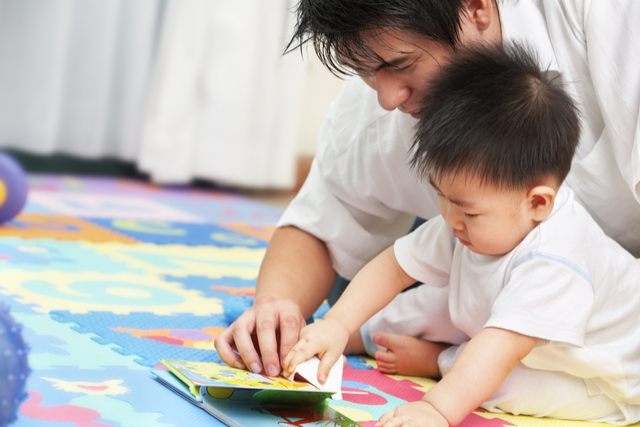In a society where enrichment classes, packed schedules, and early academic success are the norm, the idea of "slow parenting" is catching on in Singapore — and for good reason.
This parenting approach emphasizes slowing down, being present, and giving children time and space to explore the world at their own pace. While Singapore is known for its high-pressure education system and competitive environment, more parents are beginning to ask: "Are we doing too much, too soon?"
What Is Slow Parenting?
Slow parenting isn't about doing less — it's about doing what matters. It encourages less scheduling, more presence, and greater freedom for kids to be kids. Instead of focusing on productivity and milestones, slow parenting encourages emotional resilience, self-led learning, and stronger family connections.
"When children are given unstructured time, they become more confident problem-solvers and less anxious. It's not about doing nothing — it's about doing what nourishes development naturally." — Dr. Natalie Ong, child psychologist, Thomson Kids Therapy
How to Practice Slow Parenting in Singapore
Here are five ways to introduce slow parenting into your family life — even if you're juggling school, work, and social obligations:
1. Limit Over-Scheduling
Many children in Singapore have tuition, music, swim class, and coding all in a single week. Ask yourself: which activities truly bring them joy?
Tip: Try keeping to one enrichment activity per school term, and allow your child to pick something they’re genuinely curious about.
2. Protect Free Play Time
Free play is not a luxury — it’s a core part of childhood development. Whether it’s building with blocks, role-playing, or just running at the park, children learn best when play is unstructured.
Check the latest family-friendly activities in Singapore
3. Create Tech-Free Rituals
Digital devices can interrupt family time and overstimulate young minds. Designate tech-free zones at home — like the dining area or during bedtime.
Try this: A “No Screen Saturday” where you play board games, go for a nature walk, or cook as a family.
4. Let Your Child Be Bored
Yes, boredom is good. It creates space for imagination and innovation. Children who aren’t constantly entertained learn to invent games, explore independently, and solve problems creatively.
Tip: Keep a boredom box filled with craft supplies, storybooks, old toys, and puzzles for them to turn to.
5. Be Present — Not Perfect
Quality time doesn’t require a trip to the zoo or fancy brunch. Simply being emotionally available matters most. Listen. Sit together. Ask about their day. These moments form the foundation of strong parent-child relationships.
Benefits of Slow Parenting
- Reduces anxiety and burnout in families
- Promotes independence and emotional intelligence
- Strengthens family trust and communication
- Encourages creativity and self-confidence
Final Thoughts
Slow parenting isn't anti-achievement — it's pro-balance. In a society that often pushes speed and performance, slowing down is a radical act of love.
Let your child wander. Let them wonder. And most importantly, let them just be.
